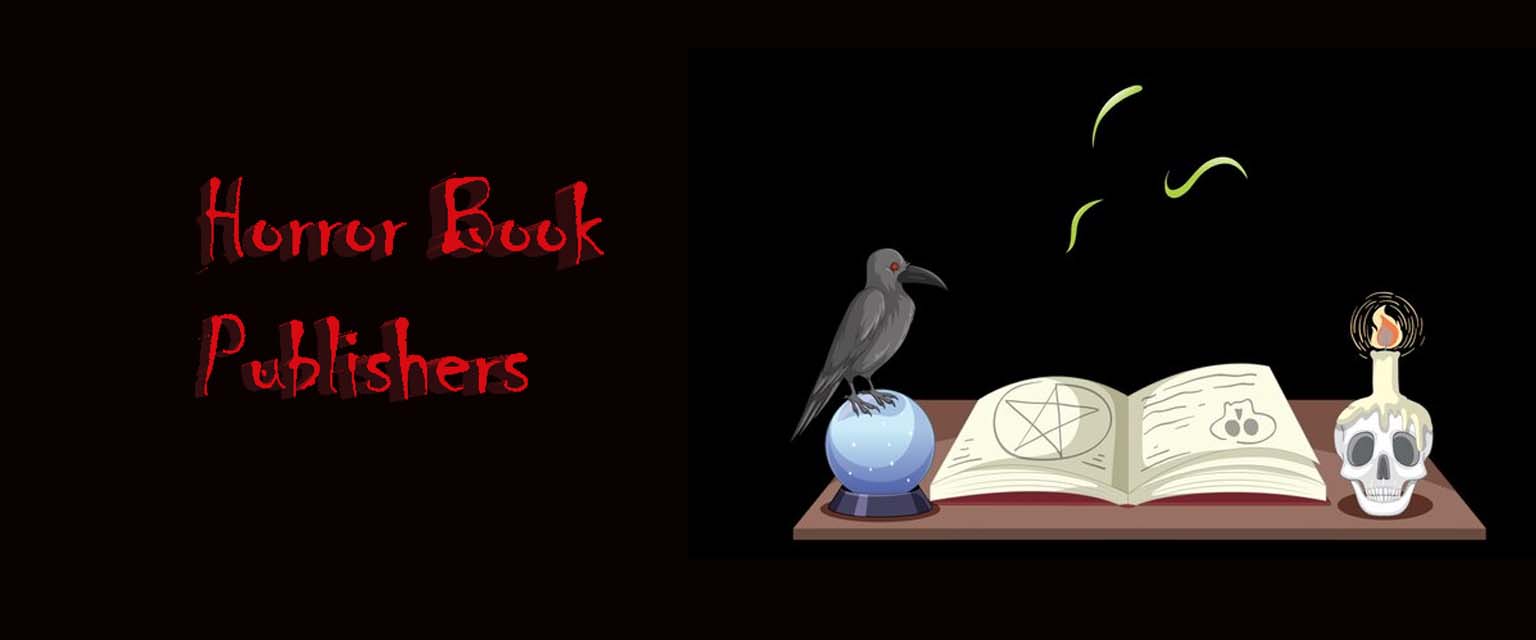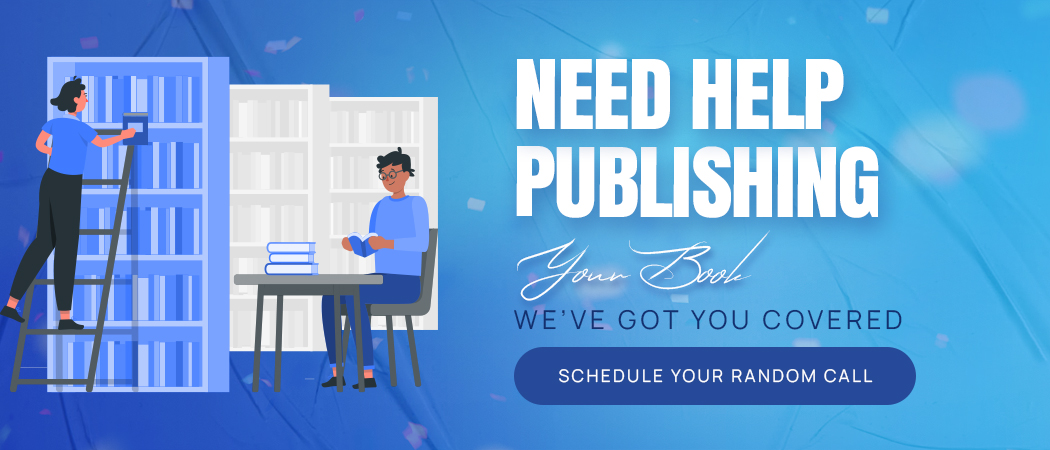1. Introduction
In this introductory section, we’ll embark on a journey into the world of horror book publishing. If you’re an aspiring author, brace yourselves! We’re about to delve into the spine-chilling realm of horror literature and discuss the different ways you can share your terrifying tales with eager readers. Whether you’re a seasoned writer looking to break into the horror genre or a newcomer with a desire for crafting tales that send shivers down the spine, this guide is designed just for you.
2. Understanding the Horror Book Publishing Industry
Before you jump into submitting your manuscript to horror book publishers, it’s important to know about the industry landscape. In this section, we’ll look at the details of the horror book publishing industry, including the types of horror subgenres that resonate with readers to the latest trends shaping the market. Understanding what people enjoy in the horror genre will help you adjust your writing and submission plan for the best results.
3. Top Considerations for Aspiring Horror Authors
Aspiring horror authors, take heed! Crafting a spine-chilling story is just the first step on your journey to publication. In this section, we’ll explore the key considerations that aspiring horror authors must keep in mind as they navigate the path to getting their work published. This includes improving your writing, researching publishers, and creating strong query letters and book proposals. We’ll cover everything you need to know to increase your chances of success in the competitive world of horror literature.
- Writing Compelling Horror Stories: The core of any successful horror book is an engaging story that keeps readers on the edge of their seats. In this subsection, we’ll explore the essential elements of crafting compelling horror stories, from developing chilling plotlines to creating memorable characters that stick in the minds of readers.
- Researching Horror Book Publishers: Not all publishers are the same, especially when it comes to horror literature. In this part, we’ll discuss the importance of researching potential publishers to find the perfect fit for your horror manuscript. From niche indie presses to major publishing houses with a taste for the chilling, we’ll cover the full range of options available to aspiring horror authors.
- Crafting Query Letters and Book Proposals: Your query letter and book proposal are your tickets to getting noticed by publishers in the competitive horror book market. In this part, we’ll provide practical tips and strategies for crafting attention-grabbing query letters and book proposals that highlight your skills and leave publishers hungry for more.
4. List of Top Horror Book Publishers
Prepare to meet the gatekeepers of the horror book publishing world! In this section, we’ll shine a spotlight on some of the top horror book publishers that aspiring authors should have on their radar. From established industry giants to up-and-coming indie presses, each publisher on this list has a proven track record of bringing spine-chilling tales to life. Whether you’re drawn to supernatural horror, psychological thrillers, or gory splatterpunk, there’s a publisher on this list for every horror aficionado.
- Book Publishing Lab: If you want to work with a team that values fresh ideas and modern ways of publishing, Book Publishing Lab is a good choice. They mix traditional publishing with new approaches, creating a special place for new horror writers.
- Amazon Publishing Lab: Amazon is a big player in the publishing world. Their lab gives writers a chance to share their horror stories with a huge audience, thanks to Amazon’s vast reach and distribution network.
- Lulu Publishing Hub: Lulu makes it easy for horror writers to publish their work independently. It’s a user-friendly platform that allows authors to have control over their creative process and connect directly with their readers, especially if they want to take charge of publishing their own stories.
These three rank at the top and the others belong to the same category in comparison.
- Grindhouse Press: Known for its edgy and boundary-pushing horror fiction, Grindhouse Press is a must-visit destination for horror authors who aren’t afraid to push the envelope.
- Dark Moon Books: With a focus on dark fiction and horror anthologies, Dark Moon Books is a great place for horror authors looking to showcase their talent in carefully curated collections.
- DarkLit Press: Specializing in horror, fantasy, and science fiction, DarkLit Press offers a diverse range of publishing opportunities for authors with a taste for the eerie.
- Haunt Publishing: True to its name, Haunt Publishing is dedicated to publishing haunting and atmospheric horror fiction that stays in the minds of readers long after they’ve finished the story.
- Odyssey Books: While Odyssey Books is known for its diverse range of genres, including fantasy and historical fiction, they also have a keen interest in publishing gripping horror novels that captivate readers from start to finish.
5. Tips for Submitting to Horror Book Publishers
Submitting your manuscript to horror book publishers can be a frightening task, but don’t worry! In this part, we’ll provide valuable tips and insights to guide you through the submission process with confidence. From how to format your manuscript to submission etiquette and strategies for following up with publishers, we’ll cover everything you need to know to increase your chances of getting noticed in the competitive world of horror literature.
- Formatting Guidelines: First impressions matter, especially when it comes to submitting your manuscript to publishers. In this part, we’ll discuss the importance of sticking to formatting guidelines and best practices to ensure that your submission stands out for all the right reasons.
- Submission Process: Navigating the submission process can feel like a maze of deadlines, guidelines, and waiting periods. In this section, we’ll provide practical advice to simplify the submission process and increase your chances of success, from researching submission guidelines to preparing your manuscript for submission.
- Following Up: Patience is important, but a well-timed follow-up can make all the difference when it comes to getting noticed by publishers. In this section, we’ll discuss the art of following up with publishers in a polite and professional manner, from timing your follow-up emails to crafting compelling follow-up messages that keep your manuscript top of mind.
6. Alternative Routes: Horror Literary Agents
While submitting directly to publishers is one way to get your horror manuscript into the hands of readers, securing representation from a fictional agent can open doors to new opportunities. In this section, we’ll explore the role of fictional agents in the horror book publishing industry and discuss the benefits of securing representation for aspiring authors. From querying agents to negotiating book deals and beyond, we’ll cover everything you need to know to navigate the world of fictional representation with confidence.
7. Conclusion
As we reach the end of our journey through the world of horror book publishing, take a moment to reflect on the insights and strategies shared in this guide. Whether you’re a seasoned horror author looking to take your career to new heights or a newcomer with a story to tell, remember that persistence and passion are key to success in the competitive world of horror literature. Armed with the knowledge and resources provided in this guide, you’re ready to embark on your own terrifying tale of publishing success. Happy writing, and may your nightmares inspire the next generation of horror readers!


